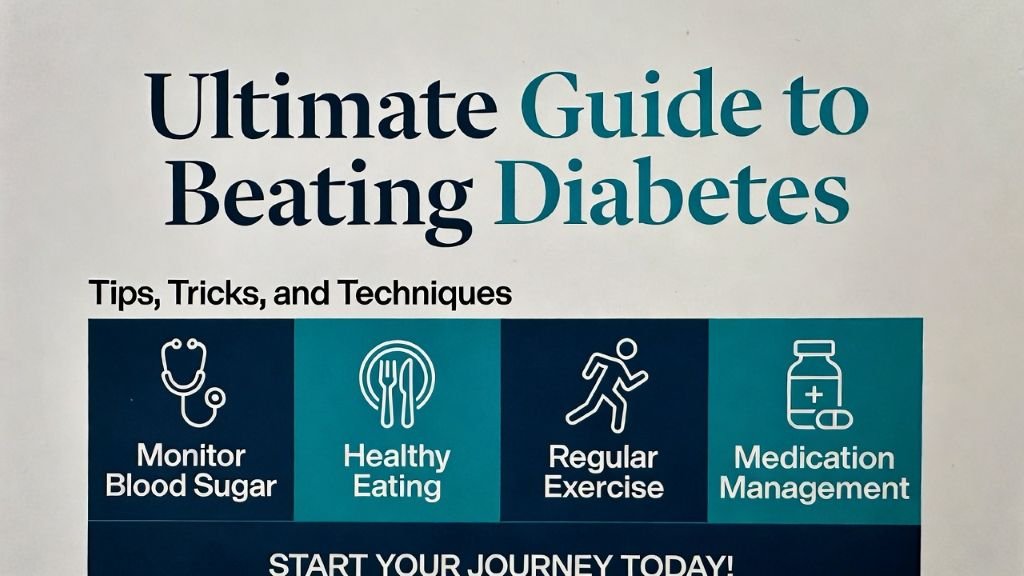How to Tell the Difference By Nancy LeBrun
When you feel stress, your body reacts to it like an outside trigger, such as an intruder. Your body produces hormones that make you sweat, breathe faster, and tense your muscles, ready to act against a perceived threat. It’s a normal response to negative stimuli. Mental disorders like anxiety and depression can have similar symptoms, but they don’t go away even when there’s no outside stressor. Understanding your reactions to stressful times (like the ones we live in during a pandemic) can help you know how to cope and get help when you need it.
Similarities and Differences in Stress and Mental Health Disorders
Stress and mental disorders like anxiety and depression are all emotional responses. While some symptoms overlap, stress is a reaction to a trigger—a response to a situation—but disorders like anxiety and depression cause ongoing, deep worries that continue whether or not there’s a stressful event. In fact, severe or ongoing (chronic) stress can lead to mental health disorders.
Experts categorize stress into three different buckets:
- Routine stress from daily responsibilities like a work deadline or a fight with a partner.
- Stress from a life event, such as divorce or job loss.
- Traumatic stress is a reaction to events like natural disasters, war, assault, or a pandemic.
People tend to recover from traumatic stress when the event has passed; but, over the long term, stress can disrupt the cardiovascular, immune, and digestive systems among others. Stress can contribute to health issues, such as heart disease, high blood pressure, and diabetes.
Mental health disorders can cause the same kinds of health problems. So how can you assess whether your feelings are stress-related or a possible mental health disorder?
The border between the stress response and mental health disorder can be blurred, but here are some examples of differences between the two:
Signs of stress include:
- Feeling overwhelmed and unable to overcome difficulties.
- Trouble sleeping.
- Problems with memory and concentration.
- Feeling nervous or anxious.
- Irritability.
- Feeling burned out.
- Digestive trouble.
Signs of mental health disorders like anxiety or depression include similar symptoms to stress but also:
- Withdrawing from people and society.
- Feeling hopeless and unmotivated.
- Difficulty making decisions.
- Anger and rage.
- Feelings of guilt.
- Suicidal thoughts.
In general, if your feelings and symptoms are present most days over two weeks, then you could have anxiety or depression. But do not try to diagnose yourself or a loved one. The best way to distinguish stress from a mental health problem, as well as between anxiety and depression, is to work with a licensed mental health provider. Combined with an open and honest conversation, there are questionnaires to help your provider understand the severity of your symptoms and make a diagnosis.
Coping With Stress or Mental Health Disorder
Social distancing and the isolation it can lead to are important public health measures that could save your or someone else’s life, but they are stressful for many people. There are steps you can take to reduce stress and less severe forms of anxiety. Exercise, good nutrition, and good sleep hygiene can alleviate symptoms, as can relaxation techniques or meditation. If your stress levels are high, plan to try these self-care techniques. You may need to focus on one technique at a time, although some go hand in hand. For example, exercise can help you sleep better.
If self-care doesn’t work—or you’re unable to start—and you continue to have difficulties, you may have severe stress or a mental health disorder. You are not alone! Millions of people across the world are experiencing similar problems, and sometimes you need help to overcome them.
Professional help can make a difference; it’s important to recognize there is hope and effective treatment for mental health disorders. It may take a while to speak with someone during the pandemic because the demand for mental health professionals is high, but consider asking your main healthcare provider for recommendations, or look into reputable telehealth companies that offer psychological counseling. Talk therapy and medication can be very effective in reducing sadness and worry when you need help. Asking is the first step—it can empower you along your journey to manage stress or a mental health problem.
Please review our business at: Google Yelp Facebook
If you’d like to learn more, please visit our Member’s Area to access our subscribed content.
Did you know you can work out and exercise with a trainer at your home, office, hotel room, or anywhere in the world with online personal training?
Like us on Facebook/Connect with us on LinkedIn/Follow us on Twitter
Make sure to forward this to friends and followers!






